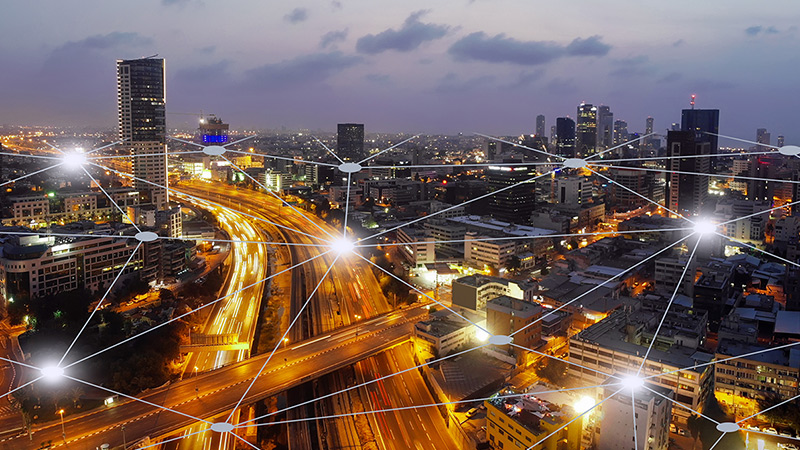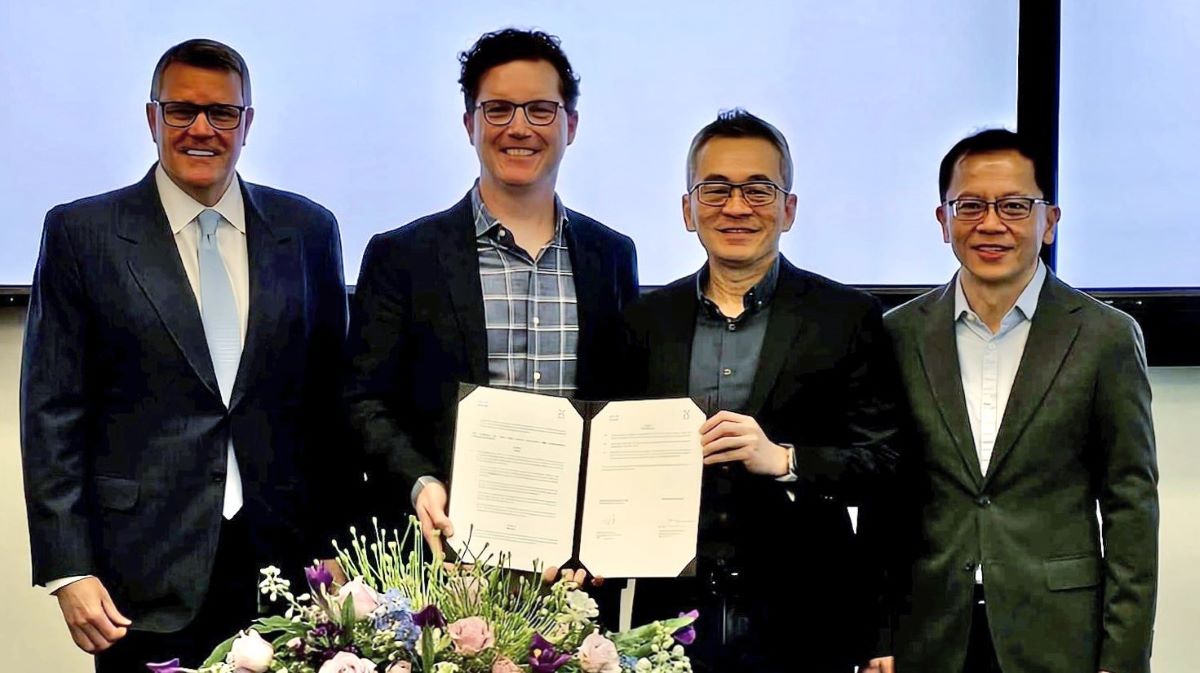SINGAPORE – August 16, 2011 – There is a growing consensus that information and communications technology (ICT) will play a critical role in creating sustainable cities of the future. However, in order to utilize ICT effectively, a services delivery platform is also required. A scalable and flexible services-based ecosystem will help enable city administrators to harness the power of ICT to generate sustainable urbanization, economic growth and environment sustainability.
The significance of a services delivery platform for building any Smart+Connected Community is highlighted in a highly researched IDC White Paper, "Delivering Next-Generation Citizen Services" (June 2011, GMS Doc AP14958U). Sponsored by Cisco, the IDC White Paper discusses how 21st-century smart cities need to be truly sustainable – socially, economically and environmentally – and governments across nations have realized the importance of investing in collaborative technology relationships.
"Today the world over, as cities are growing rapidly, the challenge to make them smarter is also greater. Early adoption and integration of ICT in the city master plan is vital in helping citizens lead a better life. Planning, implementing and managing ICT across cities is imperative to build technologically advanced smart cities in the world. The service delivery platform will play a strategic role in deploying smart services that will enable citizens of the future to live in greener, smarter, more secure and sustainable communities," said Anil Menon, president, globalisation and Smart+Connected Communities, Cisco.
"As local governments move away from asking ‘why' and ‘if' to the ‘when' and ‘how' in terms of sustainability programs to drive an agenda around economic growth and job creation in an environmentally sustainable manner, they are also looking at technology playing a more proactive role to drive the delivery of next-generation citizen services," said Philip Carter, associate vice president, IDC Asia Pacific.
White Paper Extract:
In building a city of the future, ICT will have an underlying role to play in the context of sustainable urbanization as well as the larger context of economic growth and environment sustainability. The adoption of hardware, software and services in this new light gives way to the creation of a new ICT ecosystem, which IDC refers to as ‘Intelligent X'.
IDC believes that in most potential implementations, the local telecom service providers (SPs) will play an integral role in providing the bandwidth and operational know-how needed to run a smooth, reliable and secure Intelligent X ecosystem of services. The challenge for SPs will invariably be in integrating their legacy OSS/BSS and network management systems to the future scalable needs of Intelligent X communities. Another huge challenge for the architects of the connected cities will be the explosion of mobile and embedded devices coming on to the market at an accelerated pace.
Routers, switches, storage and authentication, caching and firewall servers will all be needed in abundance to manage the large amount of information that will flow through the Intelligent X ecosystem. Ideally, the local communities will seek to migrate as many of the public and citizen services as possible to the technology-driven ecosystems. In order to operate such an ecosystem efficiently, IDC believes that, in most cases, cloud computing provided through fault-tolerant cloud datacenters is the general direction that most of these implementations will follow.
The datacenter will have to deliver new video and Web 2.0 applications, with the speed and flexibility to meet the service provider's operational requirements while enhancing revenue growth. The service provider's datacenter also needs to leverage the advances that ICT is making in the datacenter today. It includes infrastructure components such as industry-standard server platforms, the use of virtualization, and best practices in datacenter design. Pervasive server virtualization for servers is the backbone of the future datacenter.
Two cities where these elements are coming together are Songdo in Incheon, South Korea, and Toronto in Ontario, Canada. Songdo in particular is a great example of local government and private sector organizations working collaboratively to achieve a vision for a city that is environmentally responsible and socially inclusive for citizens and businesses. Cisco and the team of companies that it helped assemble in Songdo, recently announced a new managed services company that will deliver managed Smart+Connected Community services over a unified services delivery platform.
In Toronto, Waterfront Toronto Corporation, established by three levels of government, is working in collaboration with private sector companies to regenerate neglected areas around the harbor. Waterfront Toronto is looking to harness ICT and ubiquitous connectivity to create innovation clusters that will lead to the development of dynamic, sustainable mixed-used neighborhoods with strong connections to adjacent communities.
The IDC White Paper, "Delivering Next-Generation Citizen Services" can be downloaded in its entirety from here.
Supporting Resources:
- For more information on Cisco Smart+Connected Communities: http://www.cisco.com/go/smartconnectedcommunities
- Keep up with Cisco's news by visiting the company's Platform Blog.
- Follow Cisco APAC on twitter: @CiscoAPAC
- RSS Feed for Cisco: http://newsroom.cisco.com/dlls/rss.html
About Cisco
Cisco (NASDAQ: CSCO) is the worldwide leader in networking that transforms how people connect, communicate and collaborate. Information about Cisco can be found at http://www.cisco.com. For ongoing news, please go to http://newsroom.cisco.com. Cisco products are supplied in Asia Pacific by the partners of Cisco Systems International, BV, a wholly owned subsidiary of Cisco Systems, Inc.
# # #
Cisco and the Cisco logo are trademarks or registered trademarks of Cisco and/or its affiliates in the U.S. and other countries. A listing of Cisco's trademarks can be found at www.cisco.com/go/trademarks. Third-party trademarks mentioned are the property of their respective owners.The use of the word partner does not imply a partnership relationship between Cisco and any other company.





